New country, old fear: an overview of Syria’s realities
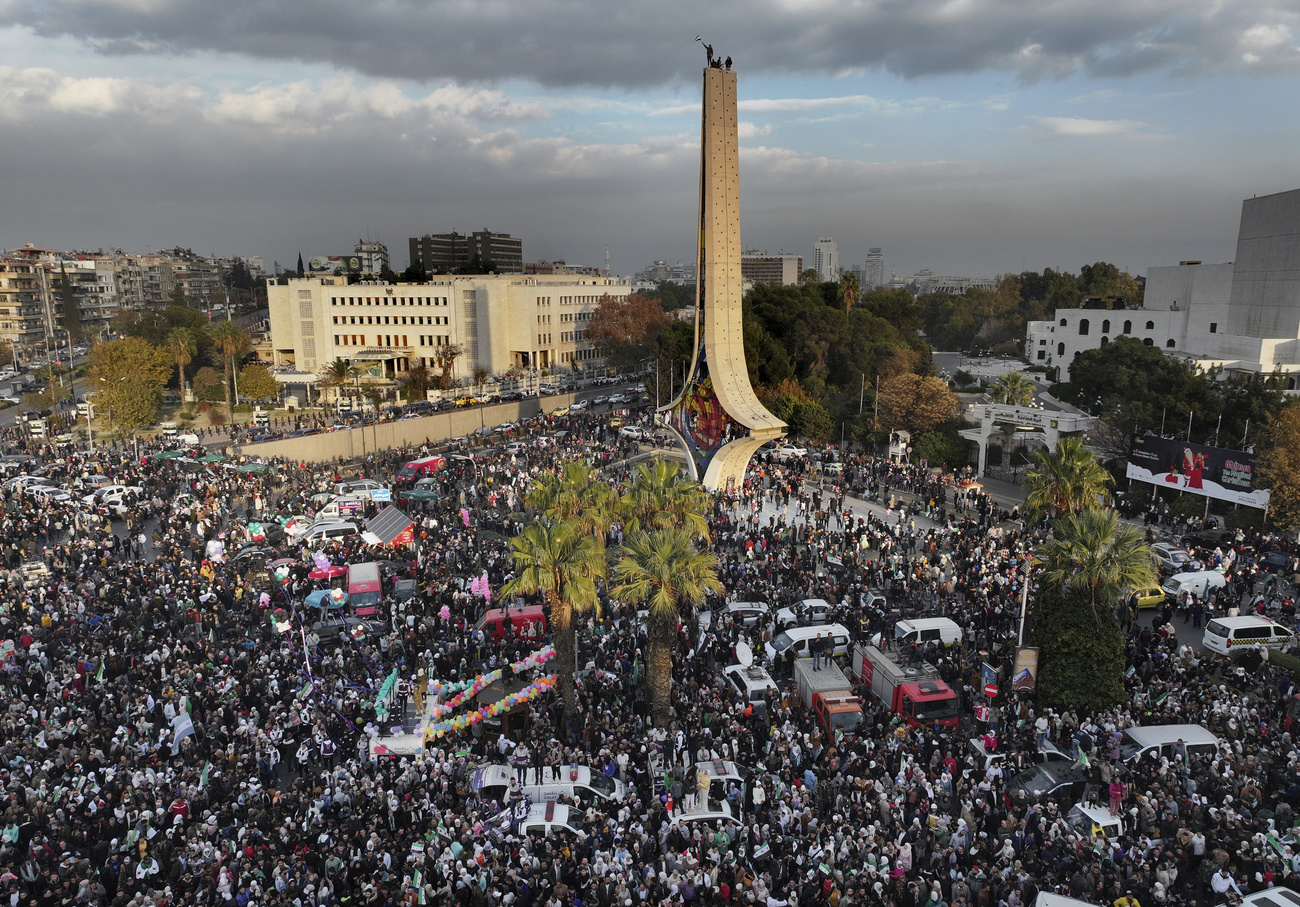
The future of Syria has unexpectedly ended up on the negotiating table. What role will democracy and secularism play? An analysis through the eyes of a Syrian living in Switzerland.
The news of the regime’s fall was the joy of a lifetime for me, as it was for any other Syrian. However, as a member of the Syrian diaspora in Europe, questions arose: will we be able to return to our country? And what role will be available to us after all we’ve experienced abroad? Answers began to emerge within just a few days, while I was following the developments from the Swiss city of Burgdorf.
A demonstration took place in the Umayyad Square on December 19, 2024 – the square where just a few days earlier the biggest celebration took place after the fall of longtime dictator Bashar al-Assad on December 8.
Slogans called for democracy and a civil state – a widely used term to indicate a non-religious government, as “secularism” still provokes strong reservations, especially among the perceived Sunni majority. Despite this, banners in the protest clearly demanded secularism – a state neutral to all citizens, regardless of religion or ethnicity.
A fierce backlash erupted, particularly on social media, against the protest and its participants. Critics accused some demonstrators of being former regime supporters with a known history of covering up its brutality. The outrage escalated, forcing some to publicly apologise for attending.
Whether the criticism of some is justified or not, now, after the dictator’s fall, new obstacles are surfacing: deep layers of mistrust, suspicion and vengeance, sown over 54 years of absolute rule. Many fear these divisions will become the real barrier to achieving the dream of a free Syria for all its people.
For seven years, Hay’at Tahrir al-Sham (HTS) ruled Idlib with an Islamist agenda. Since November 27, 2024, its forces have advanced toward Damascus. Originally an offshoot of al-Qaeda, HTS no longer targets the West but remains a staunchly Salafi organisation, rejecting any ideology outside its rigid interpretation of Islam.
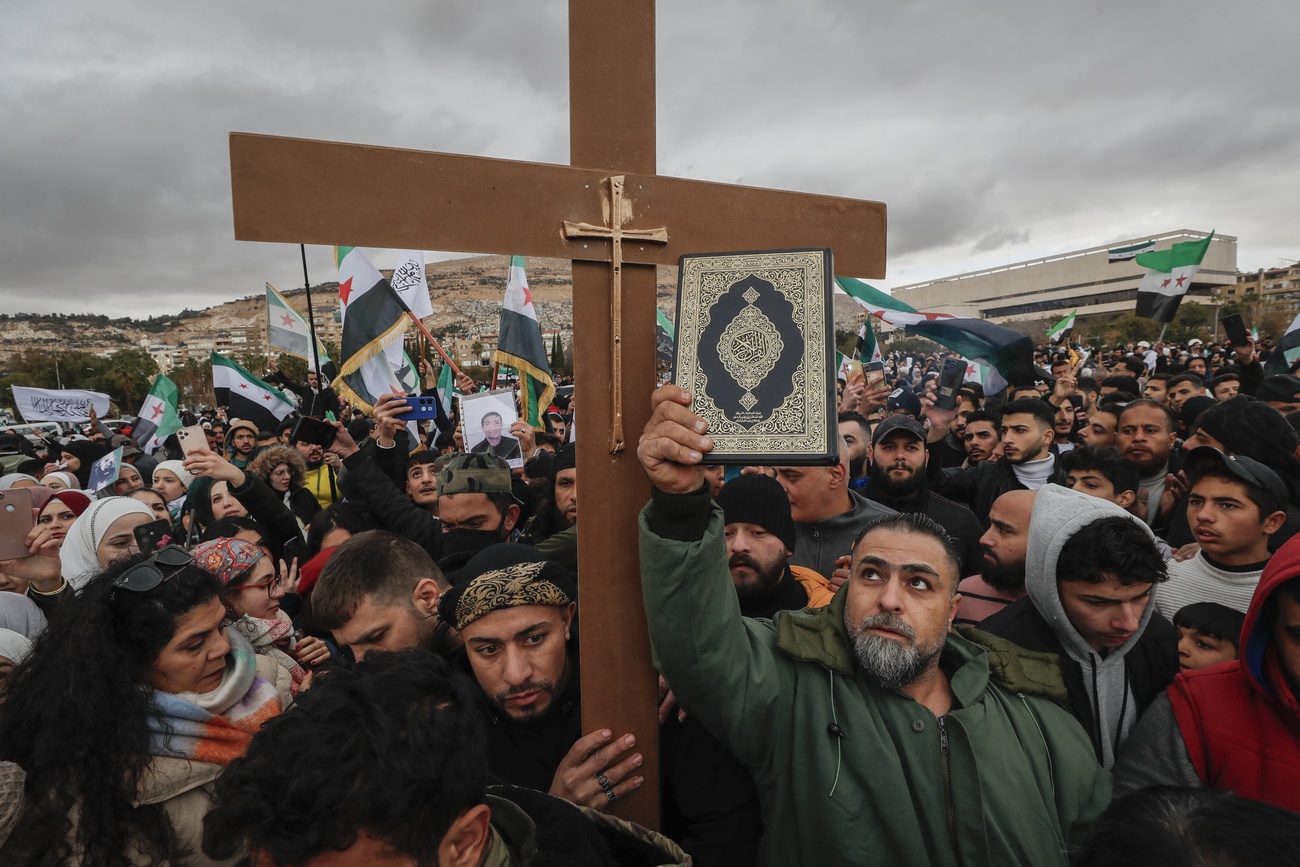
Why are secularism and democracy forbidden words in Syria?
Not long after the secular demonstration on Umayyad Square and the backlash to it, on January 31 a group of Syria’s leading intellectuals, including figures with long histories of resisting tyranny, issued a collective statement on Al-JumhuriyaExternal link, the most widely read platform among Syria’s democratic circles. The statement outlined seven principles to safeguard the new Syria. These principles were universally acceptable, even to the current ruling authority, which echoed them in vague terms without concrete commitments. However, many noted that the statement did not mention democracy or secularism even once.
Some signatories had previously endorsed the “Statement of the Ninety-Nine”, a petition issued in September 2000, at the start of Bashar al-Assad’s rule. Back then, “democracy” was its central demand – an act of remarkable courage at a time when tyranny was at its peak.
Twenty-five years separate these two statements. The shift reflects a society drained by dictatorship, revolution and war. While some argue that a country emerging from devastation needs broad principles for reconstruction rather than ideological debates, the absence of clear definitions leaves a dangerous void.
This ambiguity allows other forces to shape Syria’s future. For HTS and its allies, Islam is the only solution – secularism and democracy are not just foreign concepts but outright heresy. Hence, two fundamental principles of a nation for all its citizens have become unspeakable. While engaging with the international community, HTS has remained ambiguous regarding its rejection of democracy and secularism. They insisted they would lead everyone to a stable state that protects everyone’s rights, but without the terminology commonly used in international discourse.
Do most Syrians want a Sunni Islamic state?
Roughly 70% of Syria’s population are Sunni Muslims, including Kurds who make up about 10% of the population. The Sunni community has borne the brunt of the revolution and ensuing war, facing the regime’s brutal tactics. After gaining freedom, many Sunnis desire a system that reflects their culture, with some advocating for a modern Islamic state.
Most Kurds prefer to be identified by their ethnic identity rather than their Islamic faith, seeking recognition as a distinct ethnicity within Syria’s social fabric. Therefore, the proportion advocating for their “original” Sunni culture decreases to 60% of the population.
However, Arab Sunnis are not united in their objectives, and many do not wish for Syria’s future to be an Islamic state. Given that Arab Sunnis constitute 60% of the population and other sects and ethnicities make up 40%, imposing a state with specific religious or cultural characteristics could lead to further conflict.
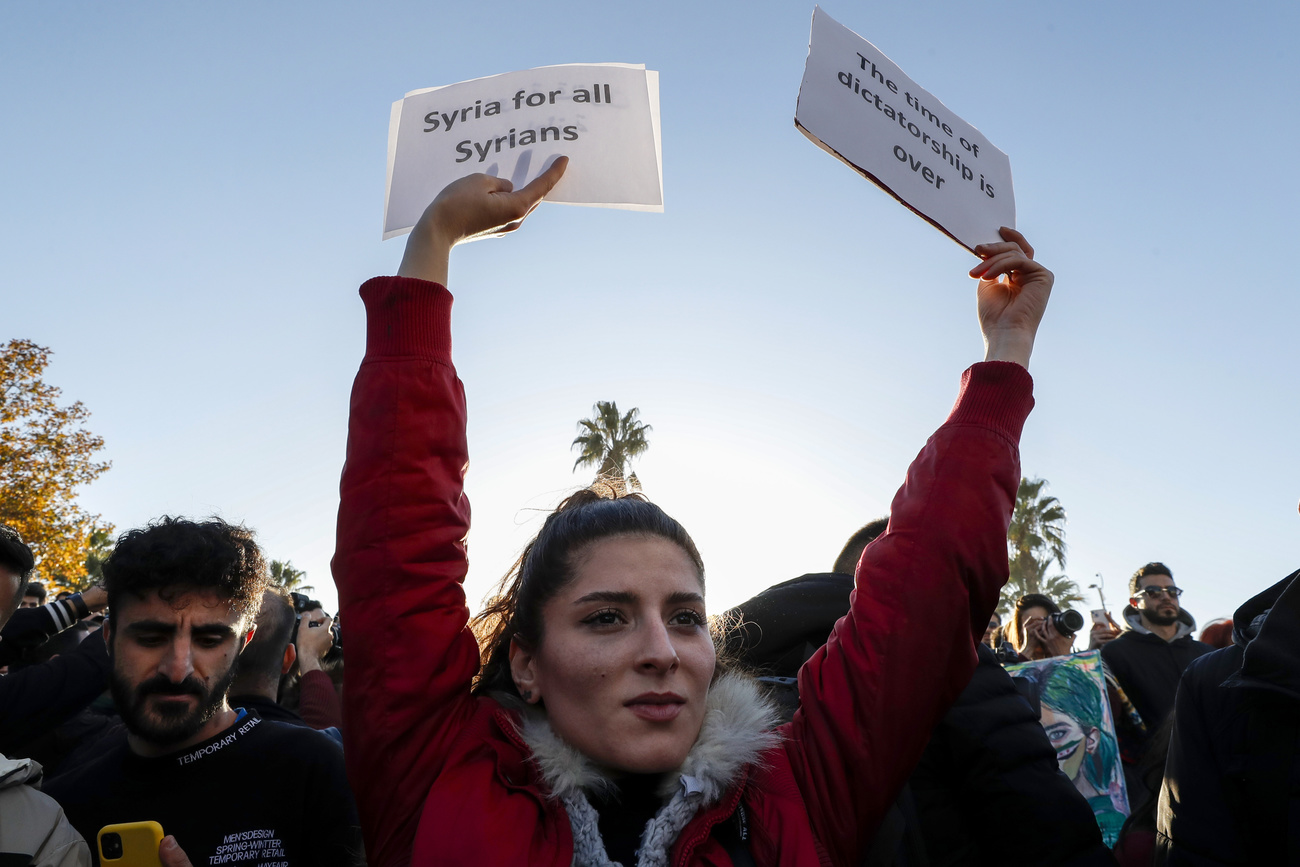
Where can Syria’s future be found?
Among supporters of Ahmad Al-Sharaa, the newly appointed Syrian president by the military council, there is overwhelming enthusiasm for turning south, towards the Gulf oil states. This was evident during his first official foreign visit as head of state – to Saudi Arabia.
Enthusiasts in Syria overlooked that Syria isn’t an oil-rich state, thus lacking the potential for a significant economic boom to offset declines in social and political freedoms, unlike Gulf countries. Moreover, those nations don’t offer financial grants for economic growth; they seek political loyalty and influence. We experienced this in Syria, with differences among Saudi Arabia, Qatar and the UAE, leading to the opposition’s decline in favour of Assad’s regime. Similarly, in Egypt, on a larger scale, it resulted in the failure of the Arab Spring.
What options exist for Syria’s future?
The options available to Syrians cannot be limited to a single approach, no matter the promises. Choices always come at a political cost, often beyond what we can afford. But if we look closely, we find an opportunity rare for many nations: the Syrian diaspora, particularly those in Europe, Canada and the US.
Following the refugee wave of 2014–2015, over 1.5 million Syrians settled in these regions. After a decade, they have integrated, gaining high-level expertise on par with their host countries, which have successfully absorbed, trained and integrated large numbers into the workforce. Many see these individuals as Syria’s best hope for the future.
Beyond their skills, their networks within companies, professional groups and industries equip them to do what Syria desperately needs: connecting with the global economy, especially the free world, and convincing their workplaces to invest in Syria as a future project. But this requires two essential conditions:
- First, full stability, transparent governance and a clear separation of powers – still a distant dream. Stability must mean coexistence and mutual recognition, ensuring all communities their rights.
- Second, an independent judiciary, free from executive control – impossible under the current regime. Syria’s new justice minister, Shadi Al-Waisi, is a war criminal. Video evidence shows him executing two women in Idlib for alleged adultery while heading its court. Despite calls for his removal and prosecution, he remains in power. Worse still, public floggings – a medieval punishment – continue in Idlib and its surroundings.
Under such conditions, how can anyone persuade an investor, partner or employer to invest in a country seemingly moving backwards in history? Even the most connected Syrians abroad cannot reasonably believe in such an effort if their homeland is regressing into the Middle Ages.
On the contrary, transforming Syria into a diverse investment destination – not reliant solely on Gulf funding – could attract investors, including those from the Gulf, as individuals rather than governments with specific political demands, who may see greater success in Syria than elsewhere. Here, democratic governance and secularism cease to be elite discussions; they become existential matters for Syria’s economy, as crucial as life and death.
Immediately after the dictator’s fall, exiled Syrians spoke only of returning and seeking new roles in rebuilding their country. But is this possible? This question remains unanswered, awaiting the new authority’s response. Meanwhile, a generation of exiles who left as children has been educated abroad, with many completing higher education and others still studying. How can we utilise these generations, who have absorbed different cultures and skills, without a conducive environment encouraging their return to help rebuild the nation? Many questions arise, while the new authority is preoccupied with chasing the “witches” of democracy and secularism.

More
Our weekly newsletter on foreign affairs
And what about fear?
Reflecting on the December 19 protest, memories of the past demonstrations during Syria’s peaceful uprising in 2011 came up to me. Many stood together – Alawites opposing the regime, some undecided, even Islamists who deeply distrusted democracy. Yet, the focus was on demands, not participants. What changed?
On December 19, 2024, just 11 days after the dictator’s fall, fear still lingered, sharpened by 14 years of brutality. The protest faced fierce attacks, justified by the presence of former regime supporters. Fear returned; it had left only for a little while.
Without transparency and democratic governance, it is impossible to discern public opinion trends. If dissent is met with suspicion, anyone could be targeted simply for voicing concerns online. Social media influencers, prioritised by Syria’s new leadership, shape public opinion, regardless of their real impact on the streets – an alarming reality.
The battle in the streets presents even greater challenges. As long as fear remains, it offers any dictator – or an aspiring one – a path back to power. Without overcoming fear, a new Syria will never exist.
Shukri Al Rayyan is an author and political commentator from Syria living in Switzerland. His novelExternal link “Nacht in Damaskus” (Night in Damascus) was published in German in 2024.
Edited Benjamin von Wyl/ts

In compliance with the JTI standards
More: SWI swissinfo.ch certified by the Journalism Trust Initiative








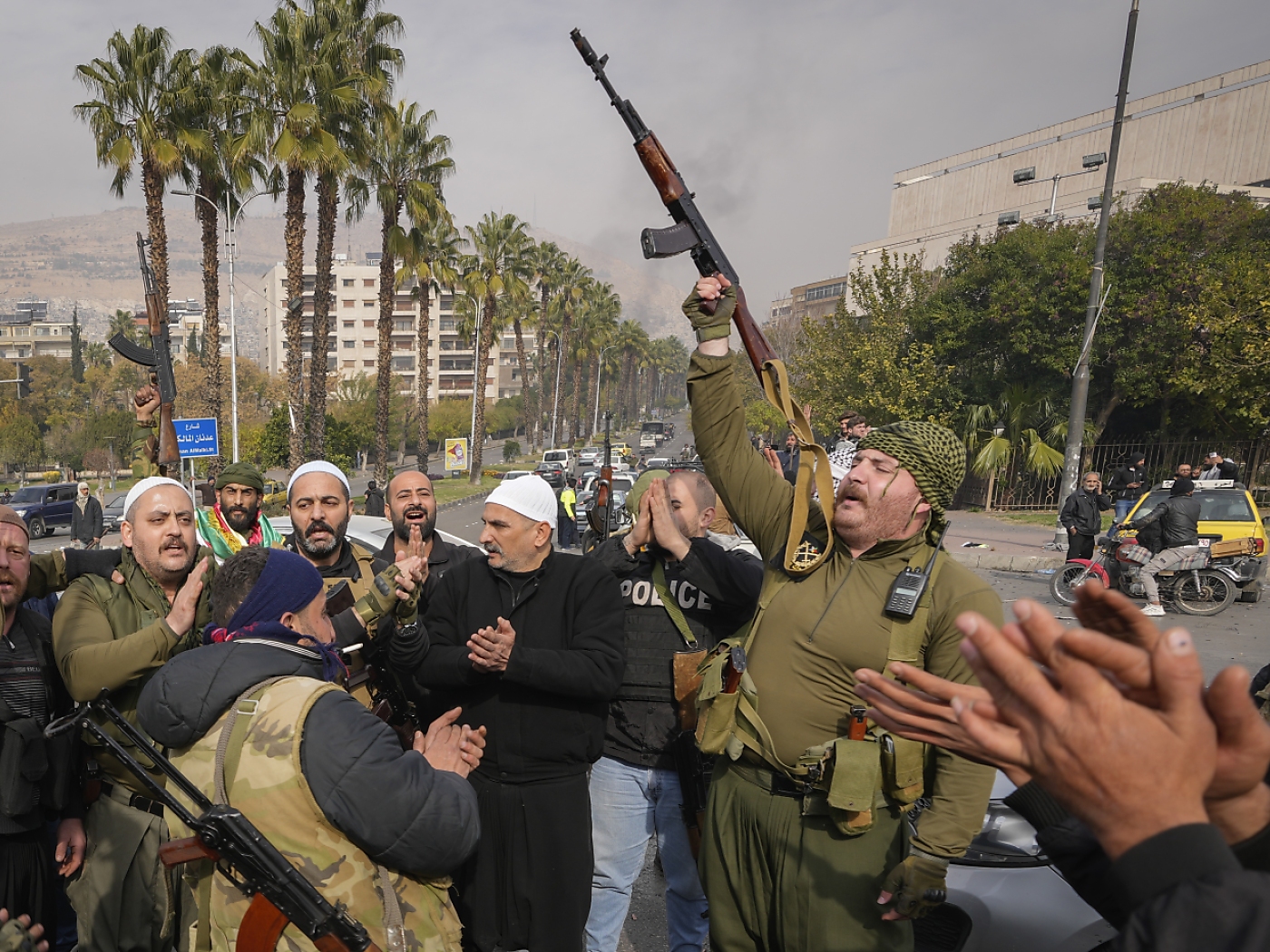
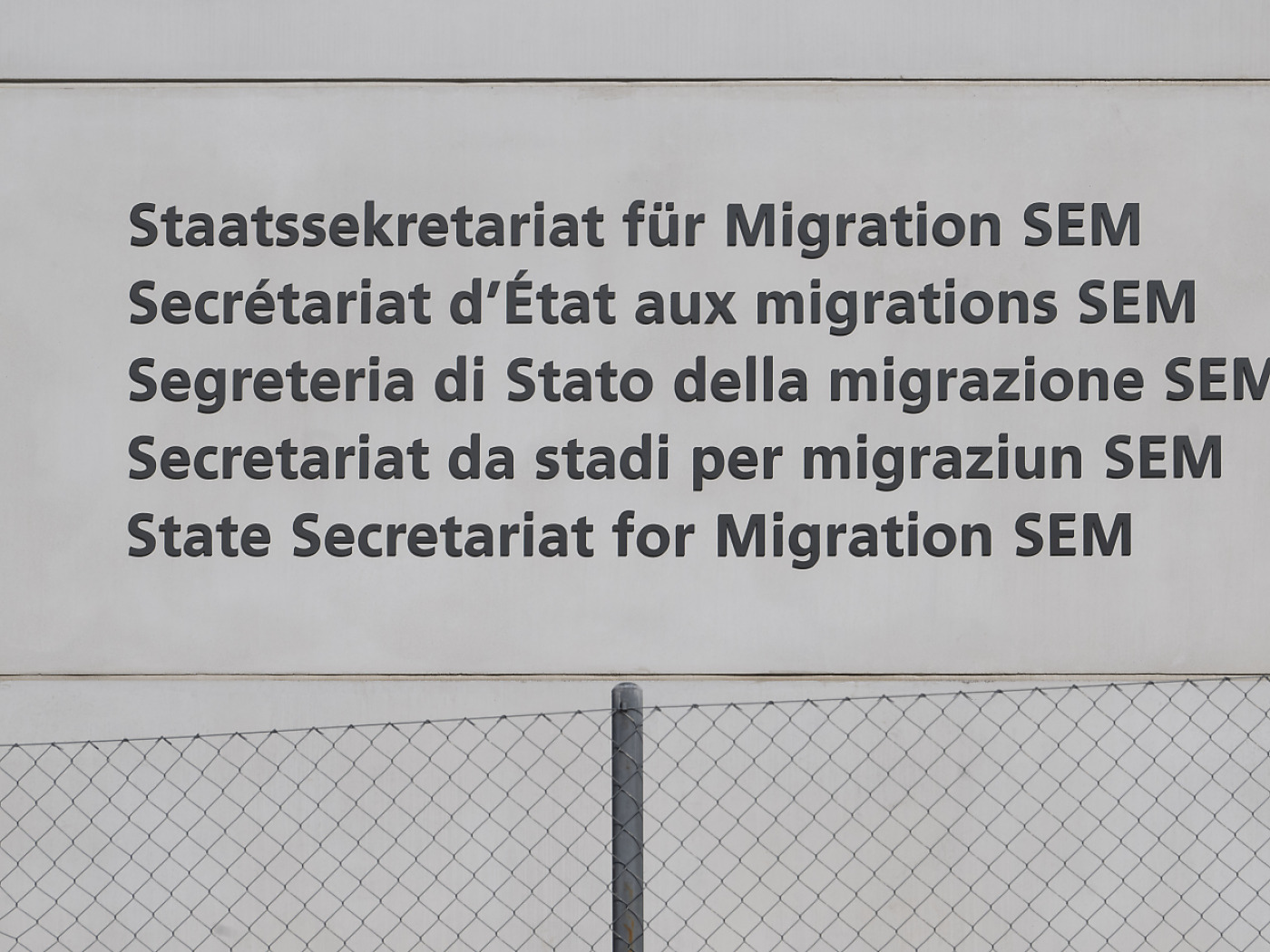

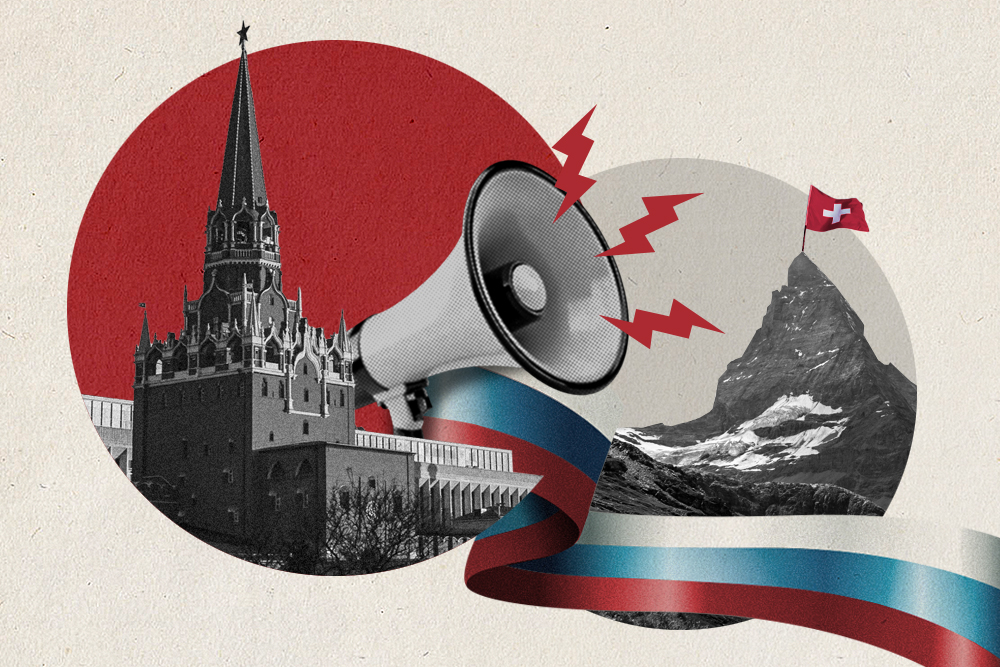
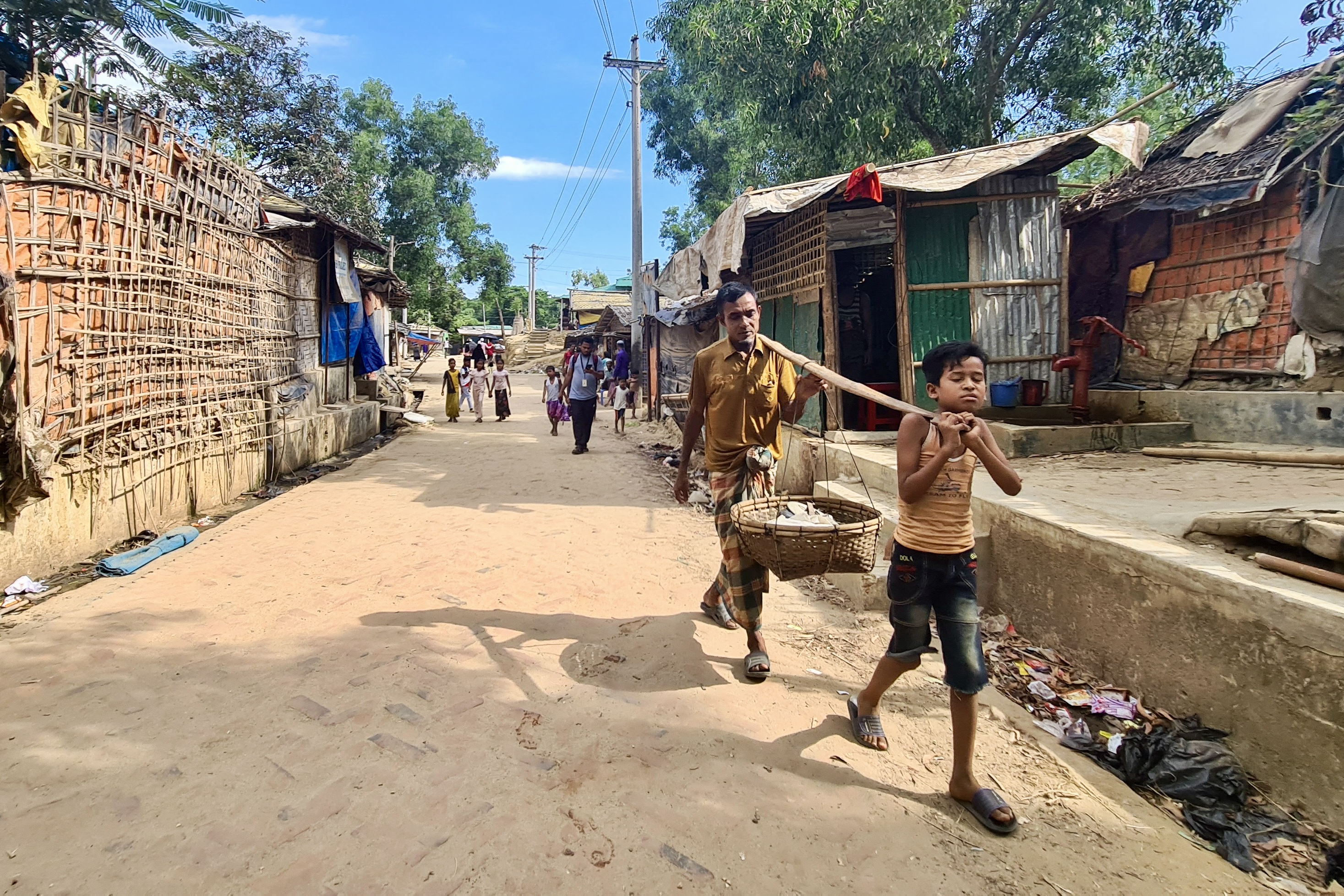
You can find an overview of ongoing debates with our journalists here . Please join us!
If you want to start a conversation about a topic raised in this article or want to report factual errors, email us at english@swissinfo.ch.